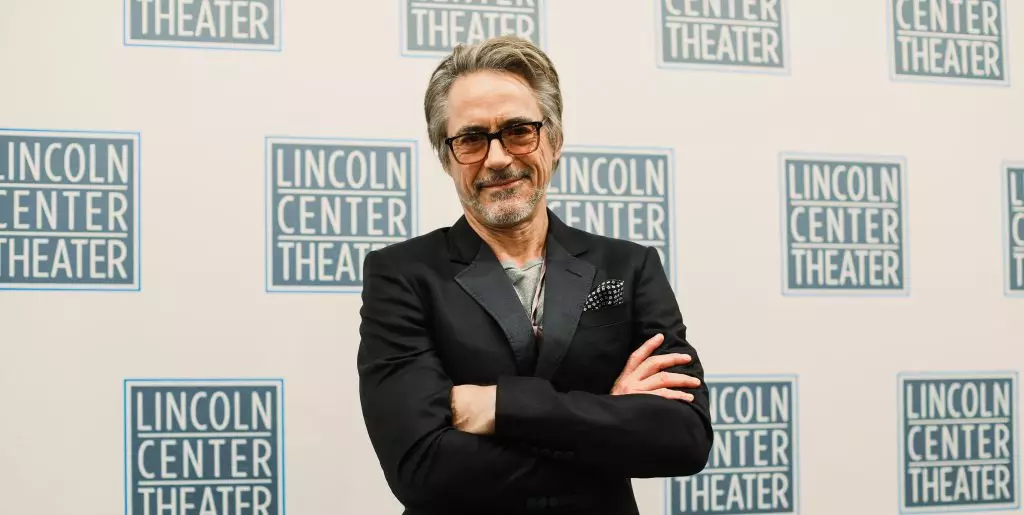As generative artificial intelligence continues to evolve and integrate into various industries, the ethical implications of this technology have come under intense scrutiny. Prominent personalities such as Robert Downey Jr. are proactively voicing their concerns, particularly regarding the usage of AI to replicate their likenesses and personas without consent. Downey Jr., an Oscar-winning actor famous for his iconic role as Tony Stark in the Marvel Cinematic Universe (MCU), illustrates the complex intersection of technology and personal agency in the entertainment industry.
During a recent episode of the podcast “On With Kara Swisher,” Downey engaged in a thought-provoking dialogue about artificial intelligence, focusing on its implications in the creative arts. When discussing the prospect of deepfakes and AI recreations, Downey’s approach was remarkably candid. He admitted to feeling largely detached from the rapid advancements in AI technology, saying, “I feel about it minimally because I have an actual emotional life that’s occurring.” This introspective perspective suggests that while he recognizes the potential disruptions and ethical dilemmas posed by AI, he remains focused on his lived experiences and personal connections.
Downey’s concerns extend beyond personal sentiment. He expressed confidence in the current decision-makers within the MCU, stating, “There’s like three or four guys and gals who make all the decisions there anyway and they would never do that to me.” His assertion reflects a deeper understanding of industry dynamics, emphasizing that the intentions behind creative choices are crucial. It raises questions about the roles of trust and integrity within large studio systems, especially as technology continues to advance.
When Swisher suggested that future executives might attempt to exploit Downey’s character posthumously, he humorously declared his intent to “sue all future executives just on spec.” This quip not only showcases Downey’s playful personality but also highlights the seriousness with which he approaches the potential commodification of his likeness. The tongue-in-cheek humor serves to disarm the seriousness of the issue while simultaneously emphasizing his commitment to preserving his legacy against exploitation.
In an increasingly digitized world, where personal images and voices can be easily manipulated, such concerns resonate widely. Downey exemplifies the larger conversation about actor rights and the need for regulations surrounding AI technology in creative fields. As the entertainment industry grows more entangled with AI, the legal and ethical frameworks governing these tools must evolve accordingly.
Besides focusing on personal implications, Downey also discussed his approach to investing in AI companies. He emphasized a moral framework when assessing these businesses, posing thought-provoking questions about the ethics and goals behind technological development. “Who are the people involved with this? Do I think they have a moral psychology?” he pondered. This reflective stance underscores a necessary shift away from purely profit-driven motives to a more human-centric approach, which prioritizes ethical considerations in technology deployment.
His investment perspective reveals the dual nature of technological advancement: while there is potential for profit, there is also the responsibility to understand and guide its impact on society. As such, Downey positions himself as not just an observer but an active participant in steering the conversation around AI ethics.
Currently, audiences can catch Downey in “McNeal,” a play that centers on a distinguished novelist who turns to AI for creative inspiration. With mixed reviews highlighting both challenges and triumphs in his performance, Downey remains an engaging figure in discussions about the intersection of technology and artistry. Moreover, his anticipated return to the MCU reinforces his lasting relevance in popular culture, demonstrating that while he actively critiques the industry, he remains an integral part of it.
In an age where generative AI blurs the lines between creation and imitation, Robert Downey Jr.’s warnings illuminate important considerations for the entertainment industry. His insights underscore the necessity for ethical accountability and personal agency as technology rapidly evolves. As dialogues surrounding AI continue to unfold, Downey’s active participation serves as a reminder of the profound implications these advancements hold for artists and audience alike. In a world that often prioritizes innovation over integrity, his reflections advocate for a balanced approach that safeguards human creativity and emotional connection.

